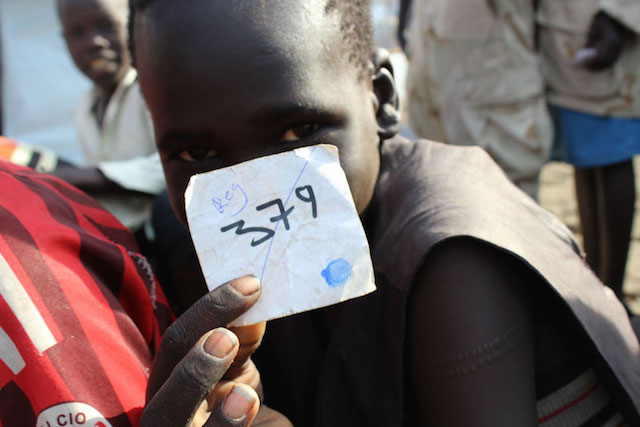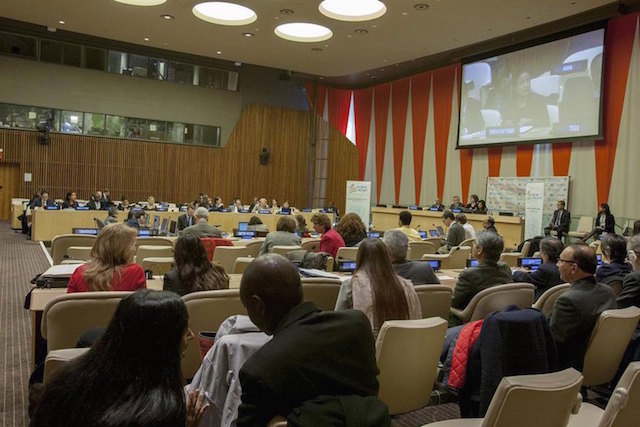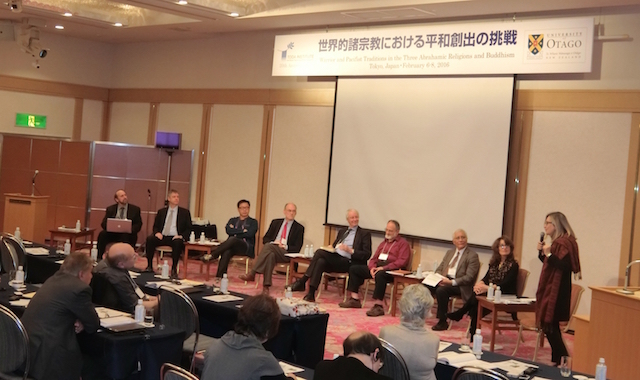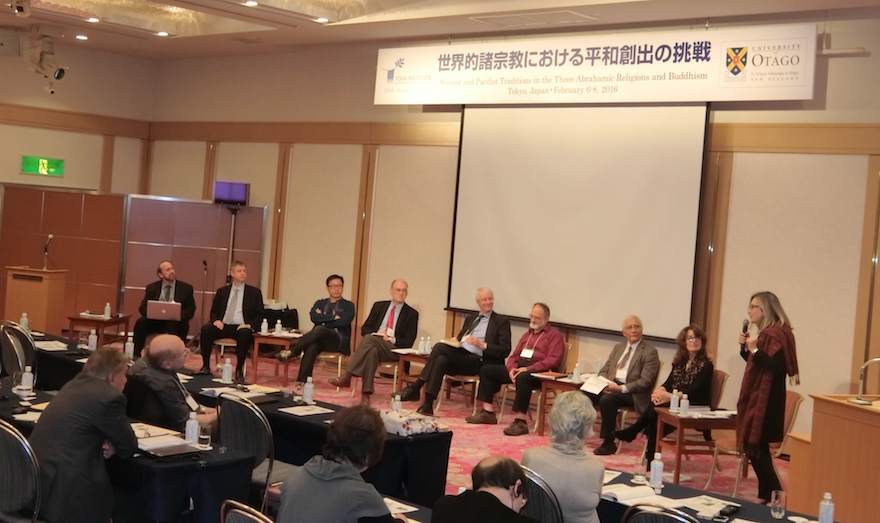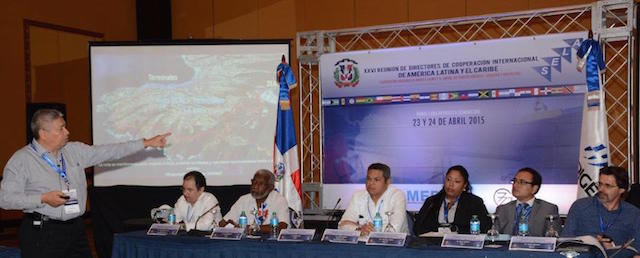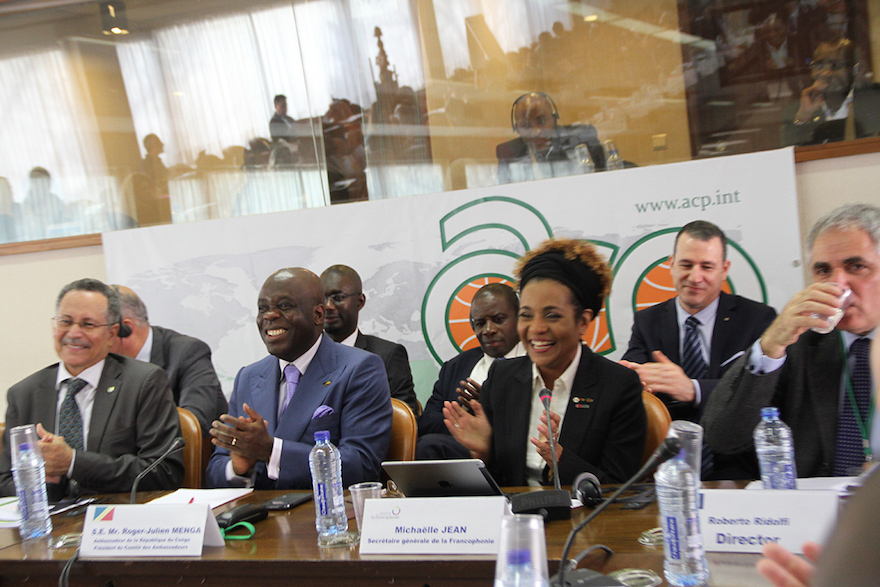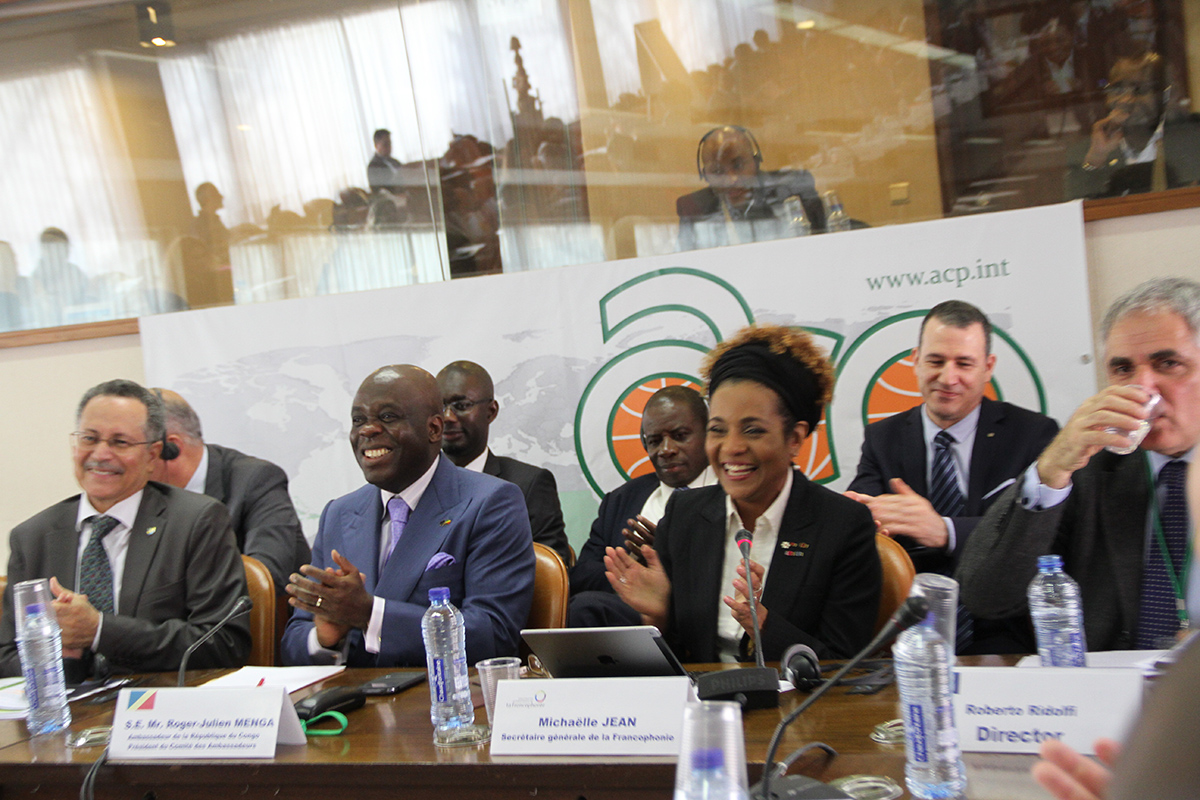NEW YORK (IDN) – An independent team of 12 advisors headed by two former senior UN officials has been tasked with making the United Nations development system fit for supporting the 2030 Agenda for Sustainable Development that took effect on January 1.
The UN Economic and Social Council (ECOSOC) Bureau – headed by Oh Joon, Ambassador and Permanent Representative of the Republic of Korea – announced on February 12 the establishment of the team to support the second phase of the ECOSOC Dialogue on the longer-term positioning of the UN development system in the context of the 2030 Agenda.


